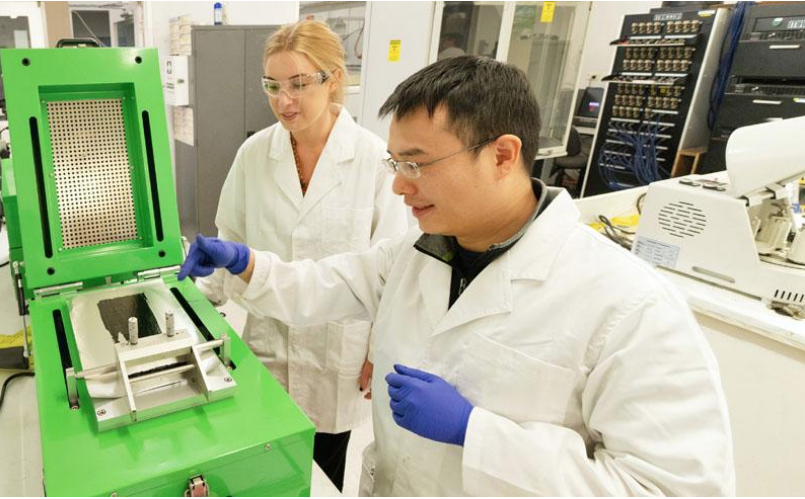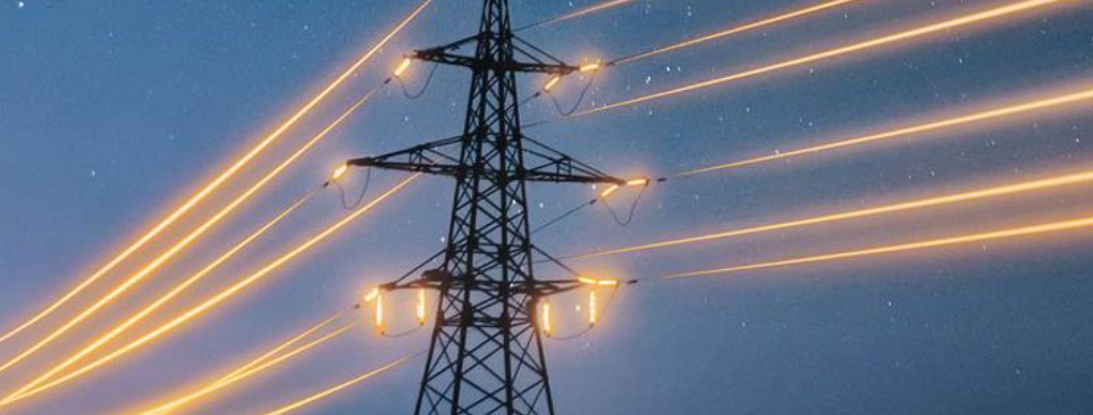Lithium Australia has launched its preliminary feasibility study at the Sadisdorf lithium-tin deposit in Germany. The ASX-listed company aims to deliver lithium iron phosphate-based cathode materials that require neither cobalt or nickel.
The company which aspires to ‘close the loop’ on the energy-metal cycle says its battery technology has high recharge rates, high power delivery, a 30-year design life, a wide operational temperature range and greater safety.
Last year, Lithium Australia successfully produced lithium-ion batteries from tri-lithium phosphate (Li3PO4) sourced directly from a mine dump, and reported outstanding results in lithium recovery in excess of 90%, using its SiLeach process at the ANSTO Minerals pilot plant in New South Wales.
As the next step, the Li3PO4 produced directly from mine waste is then forwarded to Lithium Australia’s 100%-owned subsidiary VSPC Ltd, which is using this material to produce li-ion battery cathodes.
“The most notable aspect of this achievement is its simplicity, and ability to streamline the processes and cost required to produce LIB cathode materials,” Adrin Griffin, Lithium Australia Managing Director, said at the time.
At its Sadisdorf project in eastern Germany, the company plans to initially undertake open cut mining to extract the tin and lithium mineralization from the deposit, which will be further processed using the company’s proprietary processes.
Lithium Australia is reported to have decided to launch the preliminary feasibility study for Sadisdorf due to the growing interest shown by governments and private sector operators to develop domestic lithium-ion battery manufacturing capabilities in that part of the world.
With lithium-ion battery supply chains stretched by the buoyant demand from the rapidly developing electro-mobility and energy storage industries, raw materials have seen notable price spikes in the last few years. In a bid to meet soaring demand, mine operators worldwide have increased their output.
According to investment intelligence platform Zerohedge, this has already led to a 30% drop in the global prices for lithium and cobalt since the beginning of the year.
This content is protected by copyright and may not be reused. If you want to cooperate with us and would like to reuse some of our content, please contact: editors@pv-magazine.com.









By submitting this form you agree to pv magazine using your data for the purposes of publishing your comment.
Your personal data will only be disclosed or otherwise transmitted to third parties for the purposes of spam filtering or if this is necessary for technical maintenance of the website. Any other transfer to third parties will not take place unless this is justified on the basis of applicable data protection regulations or if pv magazine is legally obliged to do so.
You may revoke this consent at any time with effect for the future, in which case your personal data will be deleted immediately. Otherwise, your data will be deleted if pv magazine has processed your request or the purpose of data storage is fulfilled.
Further information on data privacy can be found in our Data Protection Policy.